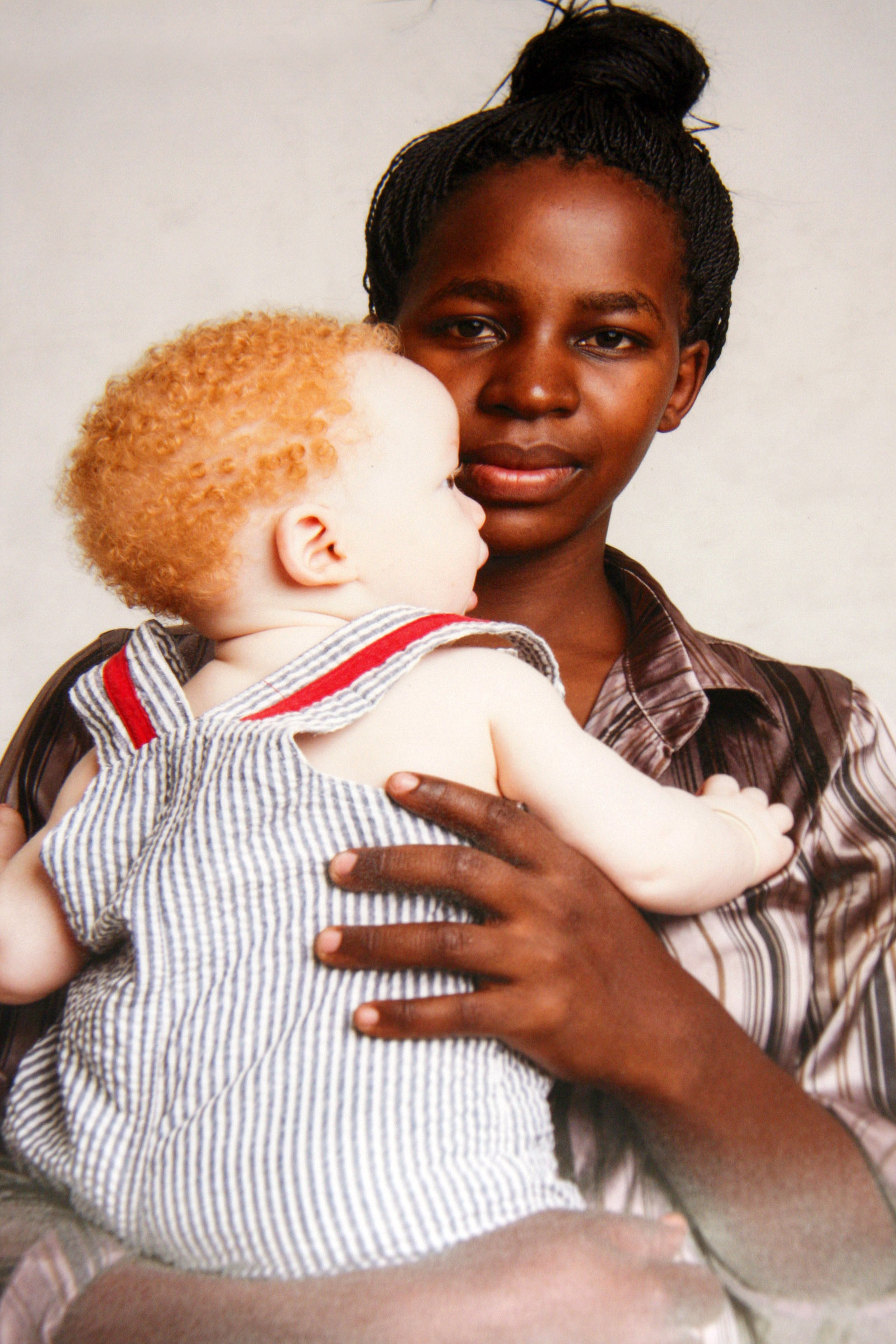By Bethsheba Achitsa
Published April 2, 2010
While mobile cinema is not a new experience in Africa, the manner in which it has previously been conducted defeats the purpose for which it exists. Such projects usually target the slum areas and most of the films showcased in such events are usually of low quality and are set out to romanticise and ridicule as opposed to educating and making the audience appreciate cinema. This is set to change with the introduction of Cinetoile, a network of eight sub-Saharan African countries, in 2009. With the support of Africalia Belgium, the Belgian Development Cooperation and the European Union, organizations based in Kenya, Uganda, Tanzania, Congo-Kinshasa, Zimbabwe, South Africa, Mali and Burkina Faso are between 2010 and 2011 reaching out to the people and enlightening them about the glamour of African cinema. BETHSHEBA ACHITSA reports.
For the first time people in these countries will watch films that not only promote African cultures and display the beauty of the African continent but will have a chance to watch high quality films that have featured in prestigious film festivals around the world as presented by Lola Kenya Screen (Kenya), Amakula Kampala Cultural Foundation (Uganda), Zanzibar International Film Festival (Tanzania), Studio Malembe Maa (Congo-Kinshasa), International Video Fair (Zimbabwe), Red Flag (South Africa), and Cinema Numerique Ambulant of Burkina Faso and Mali.
The five films being showcased by all the eight partners include FROM A WHISPER (by Wanuri Kahiu of Kenya), MAH SAAH SAH (by Daniel Kamwa of Cameroon), SAMBA TRAORE (by Idrissa Ouedraogo of Burkina Faso), HERITAGE AFRICA (by P Kwaw Ansah of Ghana) and LUMUMBA (by Raoul Peck of Haiti).
RELATED: Film on Kenya Political Imbroglio Receives Four Continental Nominations
SAMBA TRAORE revolves around a young man ‘Samba’ who returns to the village wealthy after a stint in the city. He begins by buying a large herd of cattle for all the villagers, marries Saratou in a grand wedding according to the villagers, builds the only house in the village with corrugated iron sheets roofing and opens a village bar. This makes his childhood friend who cannot afford such wealth jealous. His father is also troubled by the sudden wealth of his son and the inquisitive neighbours are also wondering about how such a young man could have attained such wealth mysteriously.
All is well until his wife Saratou begins her difficult labour and has to be taken to the main hospital in the city. At first Samba is willing to escort her to the hospital in the hope that she will deliver before they get to the hospital, but when his friend flags down a lorry and the driver is willing to give them a lift to the city Samba backs out and runs away raising the suspicion about him. Just what secret is he hiding?
This 81-minute film deals with much bigger development problems. It shows how development of the cities can lead to uneven conditions for the people and what can happen if development is not extended to the rural areas.
Ghana’s HERITAGE AFRICA is set during the last days of the colonial period. The 110-minute feature shows how the colonialists suppressed African cultures and brainwashed elite Africans in order for them to serve in the lower rungs of civil, military, and business administrations. The lead character, Kwesi Attah Bosomefi, is a perfect product of education that embraces English culture in all forms, rising within the colonial administration to become an African District Commissioner. He disowns his African names and changes them to Quincy Arthur Bosomfield; he abandons his African heritage and all that has real meaning to him, to the point that he humiliates his own mother and when she brings him the family heirloom he readily gives it to the British governor as a gift.
However, his status quo of privileged position becomes troubled when his people demand for better living conditions and street riots become a common phenomenon and after an encounter with a jailed African revolutionary who asks him whether he understands who he really is, Bosomfield suffers from an identity crisis. He begins to change direction, moving away from servile dependence on the colonialist, back to the heritage that he has long suppressed.
This tragic yet gripping tale of how African cultures have been lost along the way as young Africans embrace western cultures not only entertains but has a disturbing message to all the young Africans who believe that their traditional cultures are outmoded and must be done away with.
On a lighter note, Cameroon’s MAH SAAH SAH is a love story that shows how the old wealthy men have their way with getting wives unlike the young but poor young men. The 91-minute drama takes place in Bamun village in Cameroon. Nchare is 6 when his father passes away. He is taken in by his uncle Achirou. In the new village, he falls in love with Mapon, a 14 year old woman. Though Nchare is an adult specialising in bronze sculpting but his relationship with Mapon is strained when the lecherous chief sets his eyes on Mapon.
Raoul Peck’s award-winning epic ‘LUMUMBA’ dramatises the rise and fall of Patrice Lumumba, the first African prime minister of Congo-Kinshasa.
Kahiu’s FROM A WHISPER, that is based on the 1998 terrorist bombing of the American embassy in the heart of the Kenyan capital, Nairobi, seeks to challenge the definitions of faith, betrayal, honour and forgiveness while reconnecting with the silent trauma of people who live past loss and find unique and sometimes flawed ways of survival.
RELATED: The Church Gives Artists a Voice at the Festival of Christian Arts in Kenya
Kenya’s Cinetoile partner, the Lola Kenya Screen audiovisual media initiative for children and youth in eastern Africa, is organizing 50 screenings through schools in Nairobi’s Eastlands high density neighbourhood, the exclusive and leafy Karen-Langata, the informal settlements of Mathare and Kibera and in the central business district of the Kenyan metropolis. Lola Kenya Screen is working with several local collaborators in the five areas of operation to ensure the targeted beneficiaries get a true film experience in their own neighbourhood.
Ogova Ondego, director of Lola Kenya Screen that specialises in training, creating and showcasing high quality, low-cost, culturally-relevant and audience-sensitive audiovisual media content for children and youth, says, “Besides the Cinetoile film shows and workshops in documentary filmmaking and a critical writing, we shall enrich the project by conducting, in the schools of operation, skill-development programmes in creative journalism, critical appreciation of creativity, and event organisation and presentation. We shall assist in the setting up or strengthening of relevant clubs and associations related to film, journalism, appreciation of creativity and in the creation, promotion and presentation of creative and cultural events.”






This is fantastic. People of all walks of life should have the chance to experience their own culture on the silver screen. Good on them for bringing this to the forefront and making it a reality!